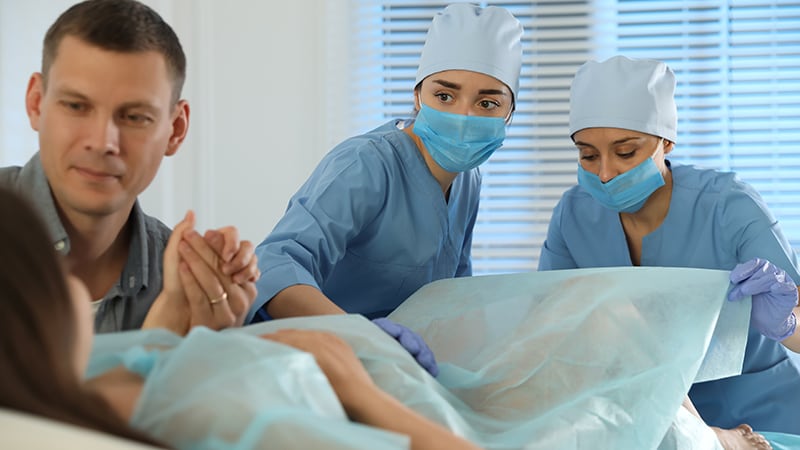Motherhood can create changes in the body down to the bone, a new study shows.
Female primates who had been pregnant showed lower levels of calcium, magnesium, and phosphorous in their bones, revealing for the first time new ways that females are changed by pregnancy and breastfeeding, according to a study published by PLOS One this week.
“Our findings provide additional evidence of the profound impact that reproduction has on the female organism, further demonstrating that the skeleton is not a static organ, but a dynamic one that changes with life events,” said lead author and New York University doctoral student Paola Cerrito in a news release.
The study evaluated the bones of rhesus macaques, also known as rhesus monkeys, which share 93% of genes with humans, according to the National Primate Research Centers. They have been used in research that paved the way for many medical breakthroughs such as treatments for HIV/AIDS; they’re also used in Alzheimer’s research.
Menopause has long been known to impact bone health, which is tied to calcium and phosphorous levels. This latest research does not address how bone health is affected by pregnancy and lactation, but further points to the ever-changing state of bones based on life events.
“Our research shows that even before the cessation of fertility the skeleton responds dynamically to changes in reproductive status,” Cerrito said. “Moreover, these findings reaffirm the significant impact giving birth has on a female organism – quite simply, evidence of reproduction is ‘written in the bones’ for life.”
Sources
PLOS One: “Elemental composition of primary lamellar bone differs between parous and nulliparous rhesus macaque females.”
New York University: “Anthropologists Find New Ways Female Bones Are Permanently Altered After Giving Birth.”
Source: Read Full Article
